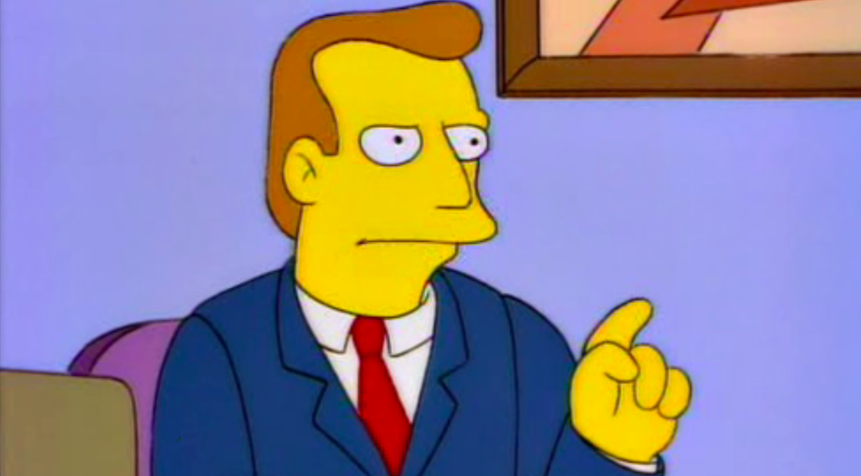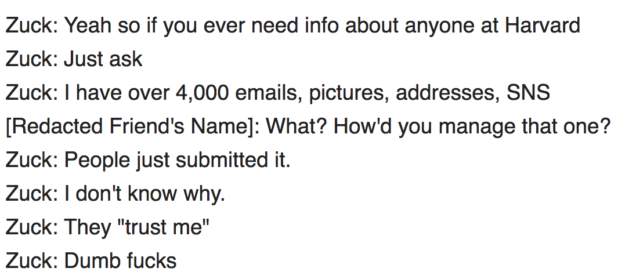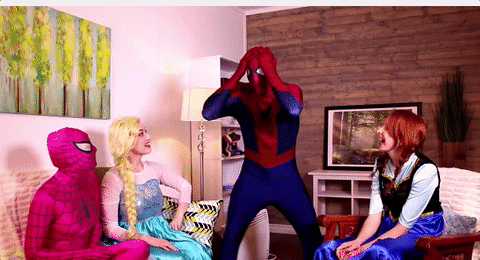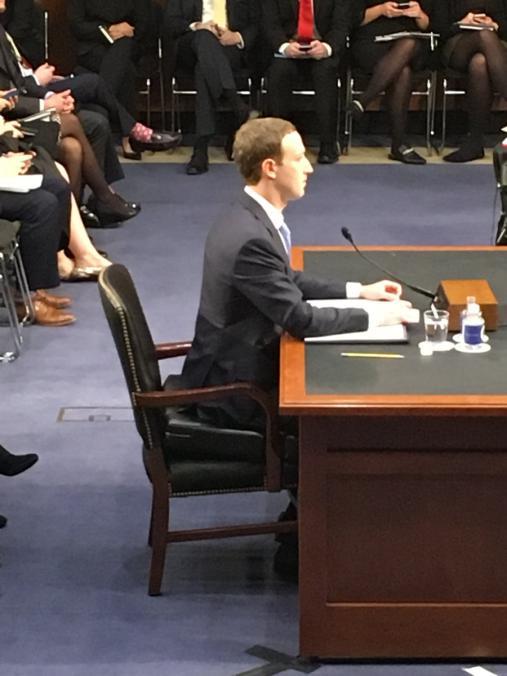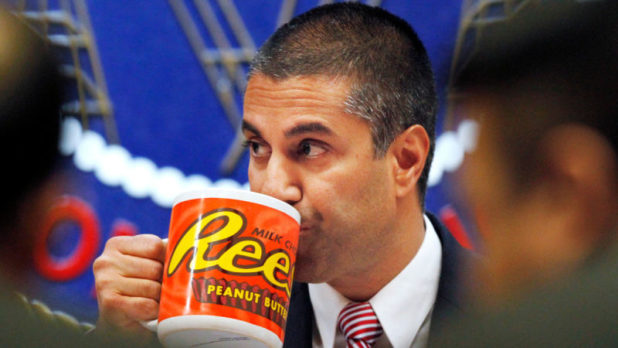Andrew Anglin
Daily Stormer
April 11, 2018
So the Zuck testified before Congress Tuesday and he basically just said the same exact shit he’s been saying publicly on this apology tour. Meaning I don’t know why he had to testify before Congress. They just asked him a bunch of questions that he’s already provided answers for.
I don’t know how anyone can claim that they ever thought Facebook was big on privacy.
Doesn’t everyone remember that like, when the platform was first launched in 2004, he was on record calling people “dumb fucks” for giving him all their info and offering to give it to someone?
So all of the sudden this is this huge crisis now and everyone is pretending to be shocked?
It’s stupid.
Facebook Chief Executive Mark Zuckerberg repeatedly expressed contrition in a high-profile congressional hearing Tuesday that featured complaints that went far beyond how the social network has handled the data of tens of millions of Americans.
Senators from both parties aggressively questioned Zuckerberg in his first ever public appearance in front of Congress over recent controversies – from data privacy to Russian disinformation. They demanded new detail about how Facebook collects and uses data and elicited assurances that it will implement major improvements in protecting personal privacy. The threat of greater regulation – not just of Facebook, but of the entire technology industry – hung over the first of two days of congressional hearings.
“If Facebook and other online companies will not or cannot fix these privacy invasions, then we will,” said Sen. Bill Nelson (Fla.), the highest-ranking Democrat on the Commerce Committee. The Tuesday hearing was a rare joint session before two Senate panels — the Commerce and Judiciary committees — with as many as 44 senators set to question the Facebook executive.
Zuckerberg, who traded his trademark t-shirts and hoodies for the standard Capitol Hill garb of a dark suit and tie, sought to quell the concerns of lawmakers and vowed to make meaningful reforms.
“It’s clear now that we didn’t do enough to prevent these tools from being used for harm as well,” Zuckerberg said at the Senate hearing. “And that goes for fake news, foreign interference in elections, and hate speech, as well as developers and data privacy.”
Bro, I don’t think the government is concerned about hate speech.
Even the people talking about how it was maybe somehow illegal for Russians to post memes on Facebook aren’t talking about hate speech.
Zuckerberg, who has long avoided wading into Washington affairs, took responsibility for the missteps. “We didn’t take a broad enough view of our responsibility, and that was a big mistake. And it was my mistake, and I’m sorry. I started Facebook, I run it, and I’m responsible for what happens here.”
Facebook’s inability to identify and combat Russian disinformation during the 2016 presidential campaign is one of Zuckerberg’s “biggest regrets,” he said. “One of my top priorities in 2018 is getting this right.”
He also confirmed that Facebook officials have been interviewed by officials from Special Counsel Robert S. Mueller III, who has been investigating Russia’s role in influencing the 2016 election. “I know we are working with them,” said Zuckerberg.
The exchanges between the 33-year-old billionaire and lawmakers were often tense. But Zuckerberg also caused spectators to laugh when he turned down an opportunity for a break, saying he could keep answering questions for 15 more minutes before stopping.
Zuckerberg’s acknowledgments of responsibility punctuated an extraordinary shift in tone for him and the company he co-founded in his Harvard dorm room in 2004. After years of recurrent privacy controversies and official apologies, Zuckerberg has strained in recent weeks to convince lawmakers, users and regulators that Facebook is determined to deliver meaningful change. The House Energy and Commerce Committee has its own hearing scheduled for Wednesday morning.
The senators did not seem appeased by Zuckerberg’s several apologies, acknowledgements and vows to do better in the future. Several asked for detailed answers about how private, third-party companies, such as the political consultancy Cambridge Analytica, gained access to personal data on 87 million Facebook users, including 71 million Americans.
This is going to end in government regulation.
There is no other place it can go than exactly there.
And that can only be good for us. I don’t see any single downside. It should have been regulated from the beginning, like every other natural monopoly, and it was only a weird turn of history that caused it not to be.
The internet, and the backbone structures on which it functions, are public utilities and they are the definition of key infrastructure. The idea that they have gone unregulated this long is completely insane.
What the Democrats pushing for this regulation do not understand is that when the government gets involved, they are going to be forced to uphold our First Amendment rights. They can start out without doing that, but we will be able to take them to court and win. If it is government-regulated infrastructure, then our Constitutional rights will apply.
The government cannot make “hate speech” laws, so if the government is regulating the content of websites, the only guide will be the First Amendment (and then presumably some kind of complicated thing about foreign influence, which will not apply to the Alt-Right).
This is going in a very good direction for us.
We are inches away from winning the whole game.
Trump knows that he needs people on his side online, and he knows that these are the people who are being targeted. So once the FCC gets a hold of these companies, we’re in.
Facebook and Twitter are literally going to be forced to give all of us amnesty.
The HERO CEO of Cloudflare, Matthew Prince, already has a plan that he has presented to the government about TRUE NET NEUTRALITY where all legal content will be allowed on key infrastructure.
Zuckerberg has himself already said it isn’t his job to deal with “hate speech.” They know this is a slippery slope, they know it is expensive, they know the people calling for censorship will always call for more and this hurts their bottom line.
So basically, we’ve already won.
There are probably downsides to this too, I guess. I’m sure there will be. I’m not really sure what they are right now. But there will be.
But we are going to get our freedoms back.
I believe it.
